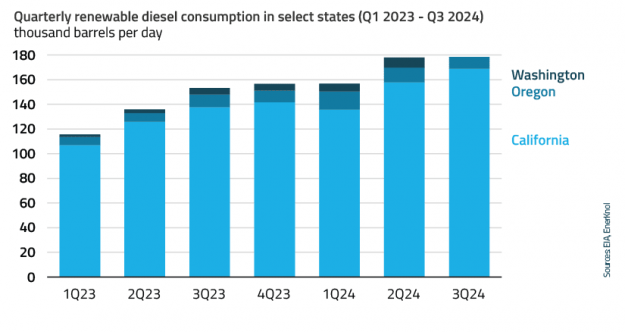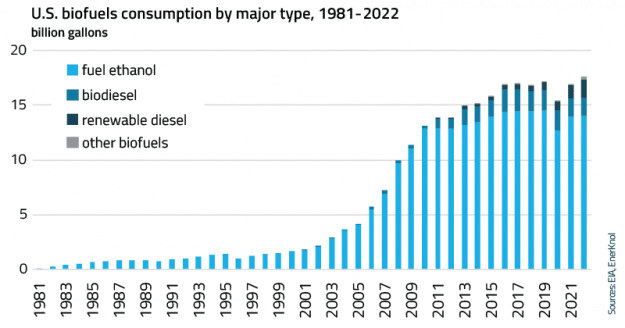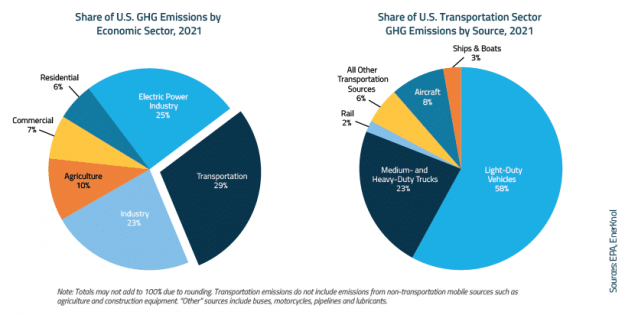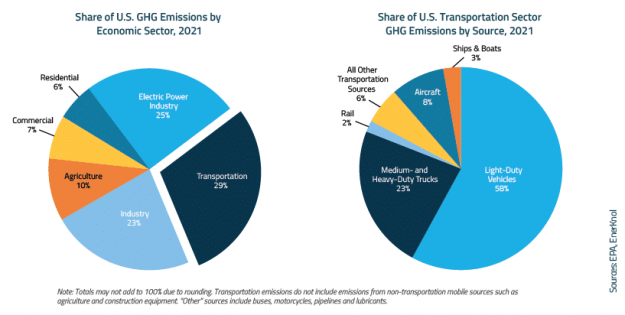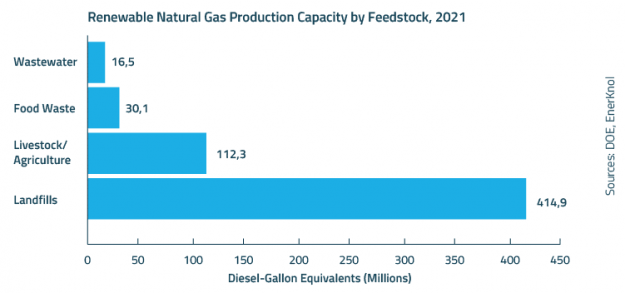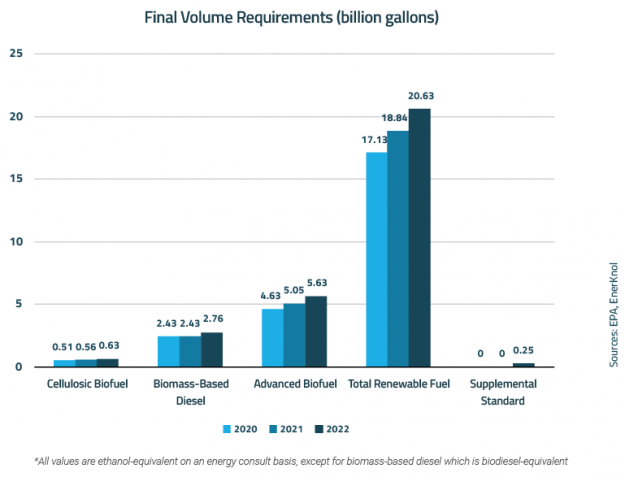The Environmental Protection Agency (EPA) has released the 2017 Renewable Fuel Standards, increasing the total renewable fuel volume requirement to six percent above 2016 levels. The higher mandate increases the controversy over exceeding the “blend wall”, an issue that refiners have long cautioned increases the strain on the fuel marketplace forcing consumers to use higher-ethanol blends. The debate will likely increase pressure on Congress and the incoming administration to overhaul the RFS program.
This content requires that you purchase additional access. The price is $99.00.
Click here to checkout
